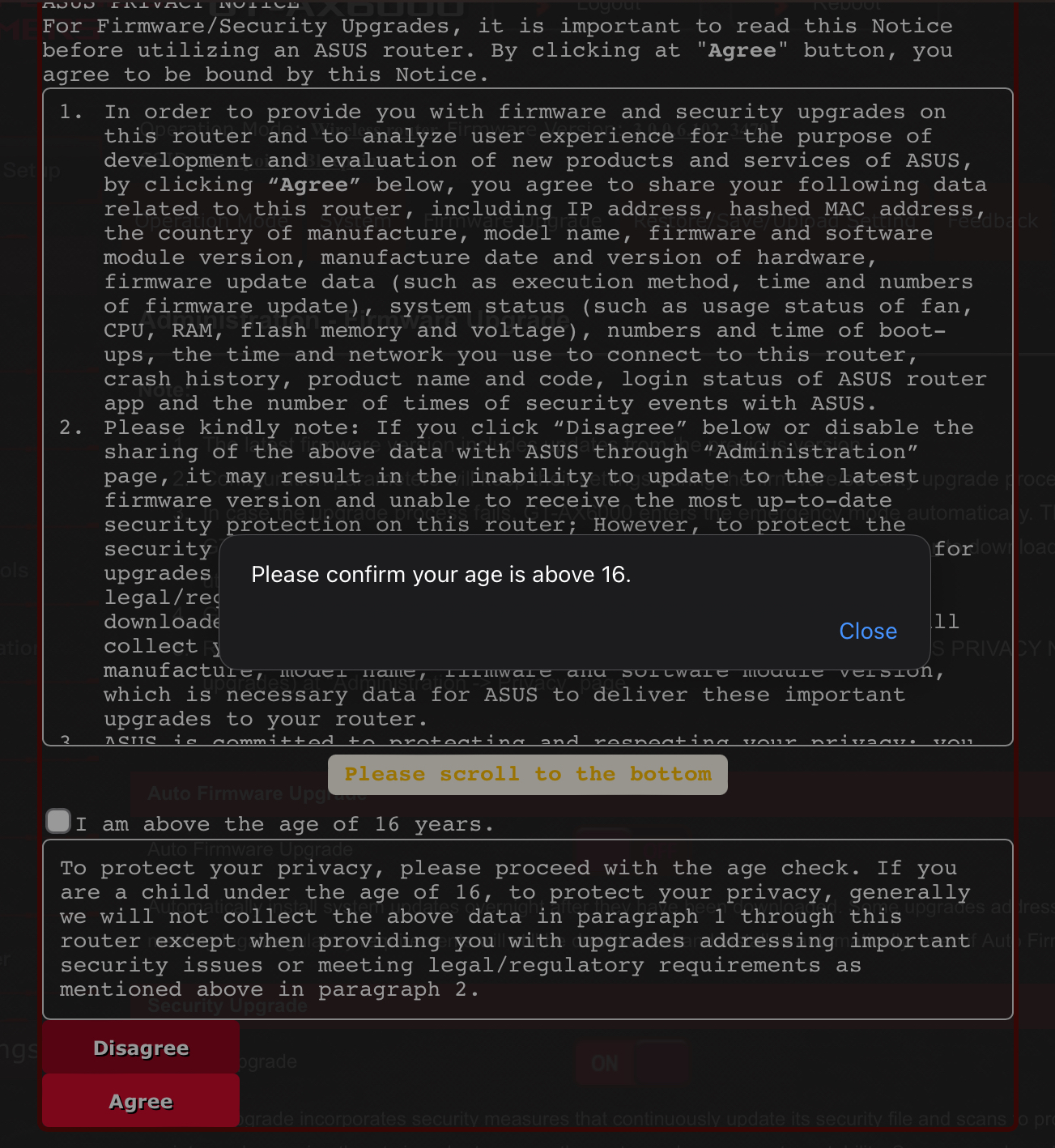this post was submitted on 30 May 2024
468 points (99.8% liked)
Privacy
32173 readers
552 users here now
A place to discuss privacy and freedom in the digital world.
Privacy has become a very important issue in modern society, with companies and governments constantly abusing their power, more and more people are waking up to the importance of digital privacy.
In this community everyone is welcome to post links and discuss topics related to privacy.
Some Rules
- Posting a link to a website containing tracking isn't great, if contents of the website are behind a paywall maybe copy them into the post
- Don't promote proprietary software
- Try to keep things on topic
- If you have a question, please try searching for previous discussions, maybe it has already been answered
- Reposts are fine, but should have at least a couple of weeks in between so that the post can reach a new audience
- Be nice :)
Related communities
much thanks to @gary_host_laptop for the logo design :)
founded 5 years ago
MODERATORS
you are viewing a single comment's thread
view the rest of the comments
view the rest of the comments

Man, idk. I installed WRT Merlin in hopes this doesn't make it there. OpenWRT is really hard to get onto routers. Even the ones that support it (which tend to be pretty dated) have a ton of hurdles or restrictions as manufacturers really don't want to lose the telemetry.
Asus makes great hardware unfortunately. Some of the fastest and most performant routers out there. Moreover, they don't rely on subscriptions to gate some of the features like pretty much every one else.
I tried TP Link and Netgear (if their "legendary" Nighthawk) and the Asus just blew them away on every level. Especially stability and reliability.
I bought the Nanopi R4S, and it was extremely easy to switch out their modified OpenWRT for vanilla (literally just use a command/program to install the image on an SDcard). Granted, I did have to find a solution for wifi, but even that was easy with the Belkin RT3200s and the instructions (more in-depth, but still hand-holding). I also flashed it onto a Netgear AC1200 using nmrpflash, which sounds imposing, but really just entailed installing the pre-reqs, hooking the router's ethernet port directly to my PC's and running the command.
I did have to do my research to arrive at my decision to buy these specific models for their compatibility with OpenWRT. If you don't, you might end up with something that requires popping open the shell and setting up serial comms, which is a pain.
As far as I could find, out of the three Wifi6 enabled Asus models (RT-AX###) that are compatible with OpenWRT, 2 require ssh and running commands that are given in the guide; the other one, and all of the supported AC### models, seemed to work using ASUS's built-in web-app to upload the OWRT image. I wouldn't say any of it is easy, but I also can't agree with "really hard."
Another consideration is setup and maintenance. Proprietary firmware tends toward being as "click here to set and forget everything, here are the only 3 pieces of info you need to know from now on"; OpenWRT is definitely more hands on and requires a lot of RTFMing and routine maintenance.